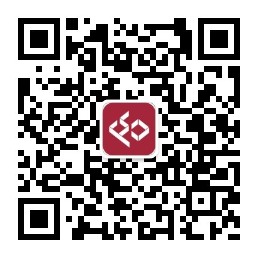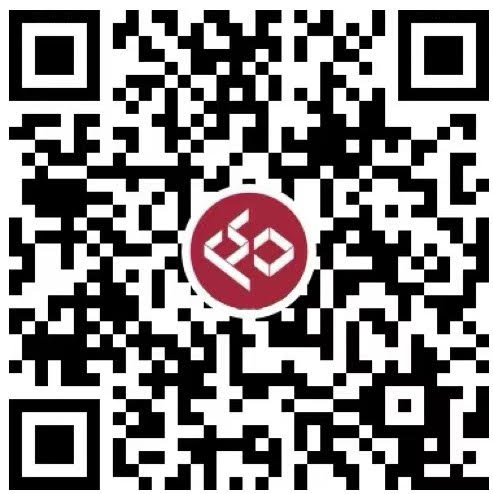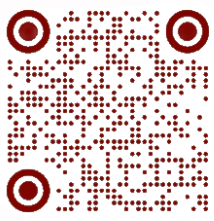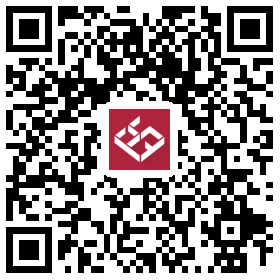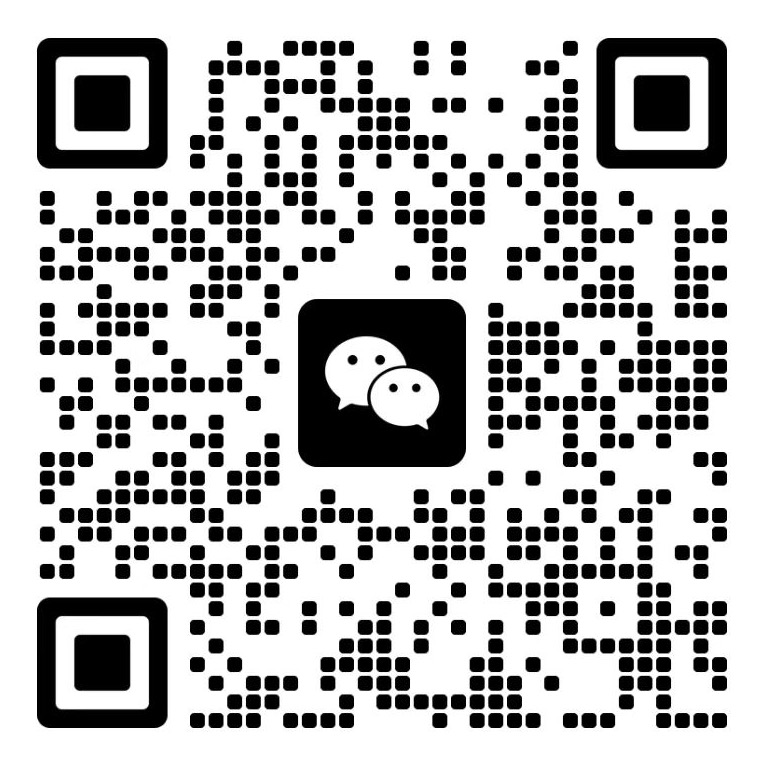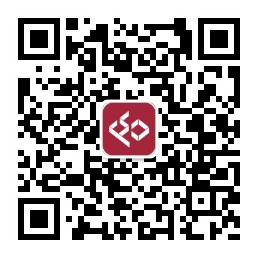政治经济学亚裔女生Laura的申请文书
学生概况
毕业高中: 公立高中, 400 students in graduating class
民族: 亚裔
SAT考试: Reading 740, Math 800, Writing 800
SAT专业考试: Mathematics Level 2, U.S. History
课外活动: Nonprofit Regional Director, U.S. Senate Page Program, Conference Founder and Director, Chair of local Junior Commission, Math Program Coach
获奖: Hearst Foundation Scholarship Recipient, Coca-Cola Scholars Program
专业: Political Science / Economics
ESSAY文书
I’m a bit of a grandma. I don't wear horn rimmed spectacles, nor perch on a rocking chair, and I certainly wish I carried hard candies in my backpack. However, I do enjoy baking: butter sizzling as it glides across heated metal like a canoe across a glassy lake; powdered sugar fluttering through the air like glitter from a confetti cannon. Some consider themselves math, literature, or history nerds. I rifle through cookbooks, browse the internet for ingenious new recipes, and revel in this year’s birthday gift: a copy of “Bread Illustrated.”
My greatest achievement in elementary school was not the perfect score on a spelling test, but the first time I mastered a batch of cookies that didn’t bear a rigidity comparable to steel. To my parents’ bewilderment, I dismissed Barbies, yo-yo’s, and jump ropes in favor of a wire whisk: It was love at first sight.
Why do I bake? Sometimes it’s to thank a friend or reconnect with former colleagues, employers, and teachers. Just as often, it’s the intricate processes involved. Creating the exacting liaison between eggs and flour to create a pâte à choux is, for me, a form of meditation. And sometimes I bake to reflect and even gain insight into my other interests.
Baking pastries for my next Junior Commission meeting, I ruminated on my interviews with officers and local homeless regarding their direct experiences with human trafficking in my own community. I recalled a police detective telling me, “For a youth isolated from family and friends, it doesn’t take much to accept the exploitation because he believes trafficking is his only chance of survival. I remember thinking, “Except that your body has to be sold like a box of cereal at Safeway?” This inspired my exhibit that was presented at high schools in my county, in which a figure, made up of barcodes, stands silhouetted against a black background.
Then there was the time my political interests literally gave me food for thought. As a Senate page, I welcomed Senators and staff back from their Independence Day recess with choux à la crème, that perfect French amalgam of wheat, egg, butter and air we call cream puffs. I had cherry-picked the ingredients from a local farmer’s market, because local and organic is more than just a trend for me; it means contributing to the reduction of food miles and supporting small businesses rather than Big Agra. Ironically, activists that day chose to protest an aggressively lobbied pro-GMO bill by showering the Senate floor with dollar bills. Senators and staff brushed them off of their jackets while gingerly stepping around them to navigate the room.
But the elephant in the room wasn’t the litter of currency, but the senators who paid more attention to corporate lobbyists than the protesters exposing their corruption. It deepened my perspective on how politics intersects our lives, farm to table. Yet, I’ve realized that when I feel empowered to advocate for a cause, I need to remember how the audience — legislators, for example — might view both my side and the opposing side. Sometimes they see us both as intruding groups. Other times, there are unseen advantages to acting in agreement with one side over the other or coming to a compromise.
If, as M.F.K Fisher said, “First we eat, then we do everything else,” then baking is an avenue through which I have connected with people, causes and even intellectual pursuits. But the greatest gift that baking offers me is the responsibility to share. With this, I have realized an innate priority: to turn my talents, whether in the kitchen or an advocacy meeting, into tools to improve the welfare of others. My goal is to employ my compassion, intellect, and creativity into a career in public service. As much as I sometimes feel like a grandma, I also know a lot of grandmothers who happen to run our political system.
官方点评
Laura opens with a unique opening line, sure to catch the eye of an admissions officer. She proceeds to draw upon compelling and specific imagery, which grounds the reader in her life while adding authenticity and depth to her interest in baking. Referring to her first successful batch of cookies as a moment of pride in her childhood, Laura sets herself apart from peers who may have chosen to focus on other interests.
Through citing baking as a way to connect with others, Laura shows that she sees herself as part of a greater community — something which admissions officers appreciate seeing. Further, Laura sets the stage for an exploration of baking as a form of meditation, showcasing her thoughtful nature, as she writes that “creating the exact liaison between eggs and flour... is a form of meditation.”
Writing that baking is a way to “gain insight into my other interests” is a segue into fleshing out her other interests — something which done poorly can read as artificial, but here naturally flows with the essay. We see Laura consider the less fortunate in her community as she bakes, showing rather than telling how she sees baking as a form of meditation. While the second to last paragraph walks the line between reciting a resume and maintaining the momentum of her story, the line "how politics intersects our lives, farm to table," clinches its greater point as a reflection on the impact of politics on everyone's daily lives.
Laura closes with a quote, a tactic which could read as artificial with a cliche choice. However, her quote speaks to the specific intersection of food and a greater purpose, elevating the themes of her essay. She concludes by connecting her passion for baking with the greater world, underscoring how her passion for baking unifies her mindset, compassion for others, and goals for the future.

 FindingSchool美高排名
FindingSchool美高排名
 美国
美国
 加拿大
加拿大
 英国/瑞士
英国/瑞士

